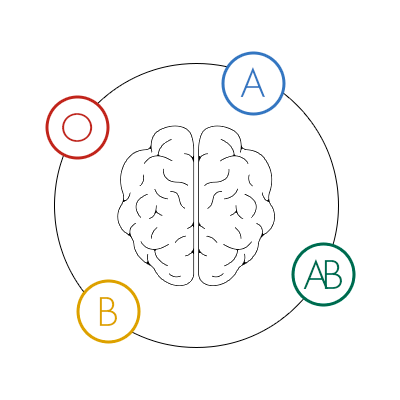Aug 29, 2014
The action of dietary lectins is directly correlated with the two biggest physiological associations with aging – kidney failure and brain deterioration. As we age, all of us experience a gradual drop in kidney function, and by the time the average person reaches 72, his or her kidneys are operating at only 25% of their original capacity!
Kidney function is a reflection of the volume of blood that is cleansed and re-circulated into the bloodstream. This filtering system is very delicate – large enough for the various fluid elements of blood to move through, but small enough to prevent while cells from being passed. Lectins have been shown to increase the production of antibodies that are capable of destroying this delicate filter. Lectins that find their way into the bloodstream end up stimulating the production of antibodies, and the antibody/lectin complex can then lodge in the kidneys. The process is similar to having a clogged drain. As more and more agglutination occurs, less and less blood can be cleansed. Over time, the filtration system ceases to function. It is a slow process, but ultimately deadly.
The second major physiological change of aging occurs in the brain, where lectins plan an equally destructive role. Scientists have observed that the difference between and older brains and younger brains are “tangled” neurons. This tangling, which leads to dementia and overall deterioration – and which might even be a factor in Alzheimer’s disease occurs very gradually over the decades of adult life.
Learn more about the effects of lectins on the body at www.dadamo.com
- Excerpted from Eat Right 4 Your Type Complete Blood Type Encyclopedia











